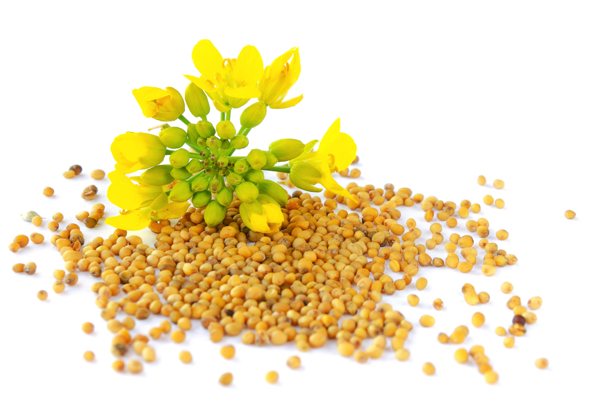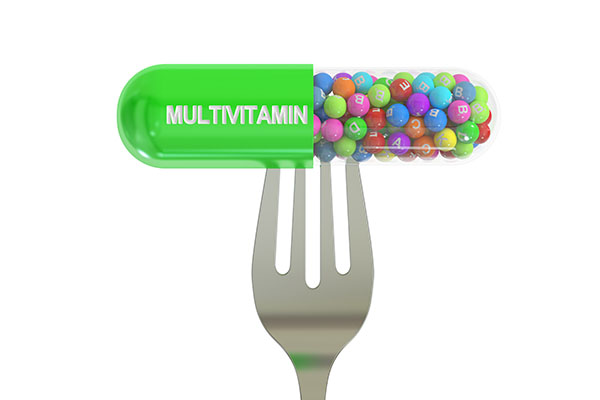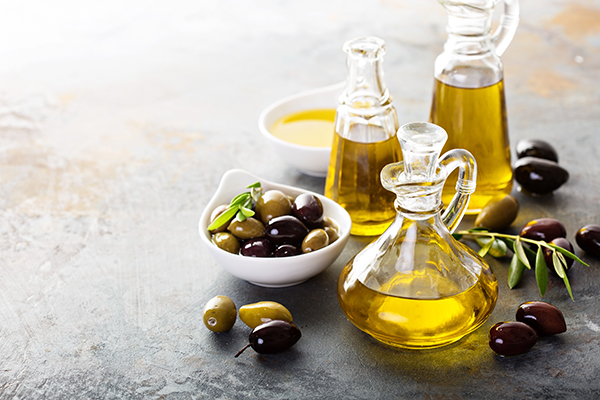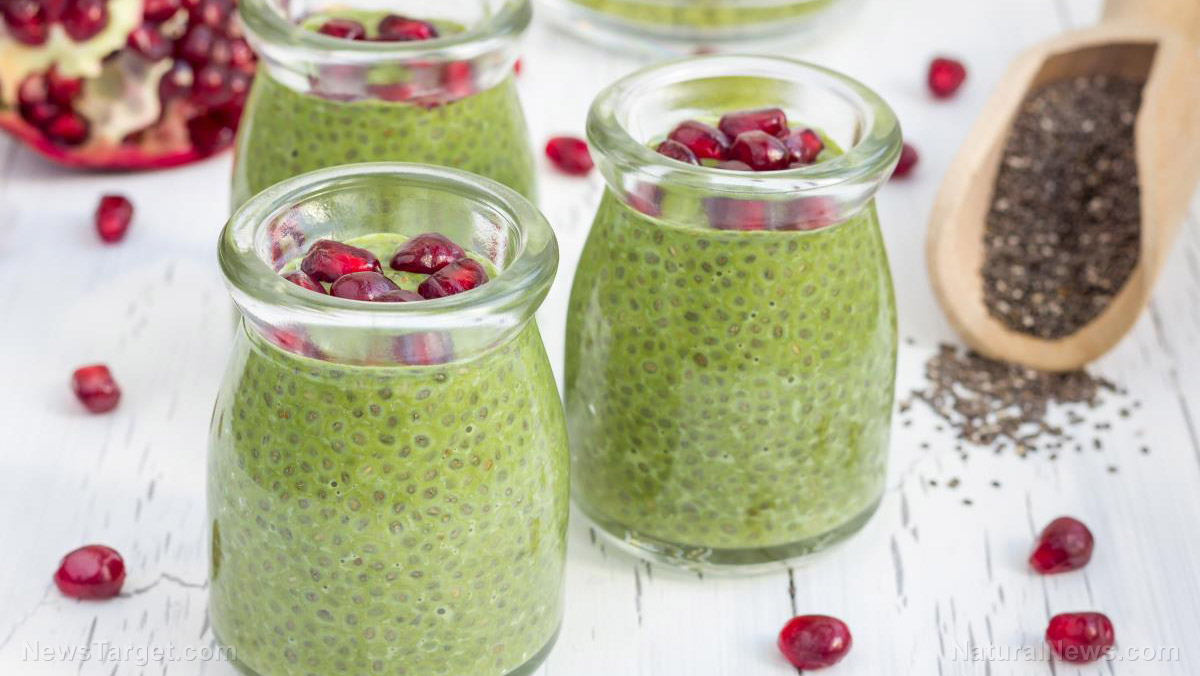Unlocking the secrets of safflower seed oil
01/09/2025 / By Olivia Cook
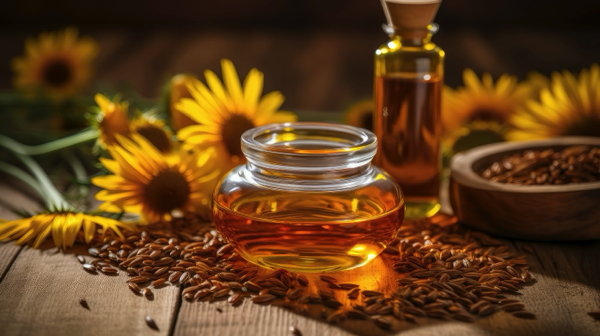
- Derived from the seeds of the safflower plant, this oil is rich in fatty acids, polyphenols, phytosterols, vitamins and minerals, offering various health and cosmetic benefits.
- Safflower oil contains both unsaturated (linoleic, oleic, and alpha-linolenic acids) and saturated fatty acids (palmitic and stearic acids), each providing distinct health benefits such as anti-inflammatory effects, skin elasticity and hair nourishment.
- The oil is packed with polyphenols like chlorogenic acid and flavonoids, which act as antioxidants and protect against oxidative stress and phytosterols that help maintain the skin’s moisture and barrier function.
- Safflower oil is a source of vitamin E (a potent antioxidant) and vitamin K (involved in blood clotting and bone density), along with trace amounts of calcium, iron and magnesium, contributing to overall health.
- With its rich composition, safflower seed oil is versatile, offering numerous benefits for skin, hair and overall health, including anti-inflammatory effects, improved skin elasticity, and enhanced hair growth and moisture retention.
When it comes to health and cooking oils, the spotlight often shines on avocado oil, olive oil and even coconut oil. But there’s an unsung hero in the world of seed and vegetable oils that deserves much more attention: safflower seed oil.
This golden liquid is derived from the seeds of the safflower (Carthamus tinctorius) plant, a thistle-like plant with bright orange, red or yellow flowers. Cultivated for thousands of years, the safflower was historically prized for the vibrant pigments of its orange, red and yellow flowers used in dyes. Yet, the true treasure lies in its seeds, which yield safflower seed oil – a versatile ingredient with remarkable cosmetic, culinary and therapeutic properties.
Below is a breakdown of its major constituents. (h/t New Directions Aromatics)
Fatty acids
Safflower oil is rich in both unsaturated and saturated fatty acids – each offering distinct health benefits.
Unsaturated fatty acids
These are often referred to as the “good fats” – known for their positive effects on heart health and their ability to reduce inflammation. Safflower oil is particularly high in two types of unsaturated fatty acids – linoleic acid and oleic acid – and a small amount of alpha-linolenic acid (ALA).
- Linoleic acid (omega-6) – As a polyunsaturated fatty acid (PUFA) and one of the most abundant fatty acids in safflower oils, linoleic acid is a multitasker. This nutrient not only supports quick-drying formulations in oils and soaps but also provides anti-inflammatory benefits that calm irritated skin and facilitate wound healing. Known for sustaining skin elasticity and softness, linoleic acid plays a vital role in slowing the visible signs of aging. For those with acne-prone skin, it works wonders by lightening the consistency of oil blends – making them less likely to clog pores. In addition to skincare benefits, linoleic acid deeply moisturizes the hair, enhances its growth and improves moisture retention in both hair and skin. Its soothing properties help reduce acne and minimize the risk of future breakouts.
- Oleic acid (omega-9) – This monounsaturated fatty acid (MUFA) is another key component of safflower oil with a wealth of beauty and health benefits. Its antioxidant properties protect against environmental damage while boosting immunity and reducing inflammation in joints. This fatty acid excels at nourishing hair, eliminating dandruff and promoting growth – resulting in longer, stronger and shinier strands. Oleic acid also helps maintain the skin’s suppleness, softness and radiant glow.
- Alpha-linolenic acid (omega-3) – Though present in very small amounts in safflower oil, ALA, an essential omega-3 PUFA, is known for its anti-inflammatory effects. ALA soothes joint pain and stiffness, enhancing flexibility and mobility. It also plays a role in regulating blood clotting on the skin – promoting better circulation and supporting overall skin health. While safflower oil is not the richest source of omega-3s compared to fatty fish, dark leafy greens, seeds and nuts, its ALA content adds a valuable layer of nourishment to your wellness routine.
Saturated fatty acids
While safflower oil is primarily composed of unsaturated fats, it also contains small amounts of saturated fats that have often been seen in a negative light. However, they serve important functions in the body when consumed in moderation.
- Palmitic acid. This saturated fatty acid is known to support the growth of healthy-looking nails while delaying the visible signs of aging by improving skin elasticity and hydration. This fatty acid also brightens the complexion, tightens the skin and promotes the growth of shiny, resilient hair.
- Stearic acid. This is known to be an ideal emulsifying agent that binds oil and water – making it an essential component in skincare and hair care formulations. Stearic acid conditions and protects the hair from damage without weighing it down or reducing its natural shine. Its cleansing properties effectively remove dirt, sweat and excess sebum – leaving the hair and skin feeling refreshed. Additionally, this fatty acid prolongs the potency of products during storage and softens the skin – ensuring a luxurious, long-lasting experience.
Polyphenols
Safflower oil contains polyphenols, including chlorogenic acid and flavonoids kaempferol and quercetin, which are powerful antioxidants. These compounds protect the skin from oxidative stress caused by free radicals – reducing the risk of premature aging, such as fine lines, sagging, wrinkles and uneven pigmentation.
Phytosterols
These are compounds that naturally occur in safflower that mimic the role of cholesterol in the skin – improving moisture retention and helping maintain your skin’s protective barrier. Additionally, they protect against environmental stressors, reduce redness and soothe inflammation.
Vitamins and minerals
Safflower oil is a source of vitamin E (tocopherols) and vitamin K, both of which play crucial roles in skin health.
Vitamin E acts as a potent antioxidant that boosts the immune system and supports skin health. Like in other sources, vitamin K in safflower oil is essential for the synthesis of proteins involved in blood clotting. It also plays a crucial role in maintaining bone density and strength by assisting in the regulation of calcium in the body. This vitamin also contributes to heart health by preventing calcium buildup in blood vessels – reducing the risk of arterial calcification and improving overall circulation.
It also contains a trace amount of minerals, including calcium, iron and magnesium, which can complement a well-balanced diet – contributing to the overall intake of these vital nutrients.
Watch this video about the benefits of safflower oil.
This video is from the Daily Videos channel on Brighteon.com.
More related stories:
Study says safflower oil helps prevent heart disease, reduce inflammation.
Safflower seed extracts prevent kidney damage caused by chemotherapy.
Sources include:
Submit a correction >>
Tagged Under:
alternative medicine, fatty acids, food cures, food is medicine, food science, functional food, healing, natural cures, natural health, omega 3, omega 9, Omega-6, remedies, safflower oil, saturated fatty acids, unsaturated fatty acids
This article may contain statements that reflect the opinion of the author
RECENT NEWS & ARTICLES
Omega-3.News is a fact-based public education website published by Omega-3 News Features, LLC.
All content copyright © 2018 by Omega-3 News Features, LLC.
Contact Us with Tips or Corrections
All trademarks, registered trademarks and servicemarks mentioned on this site are the property of their respective owners.


